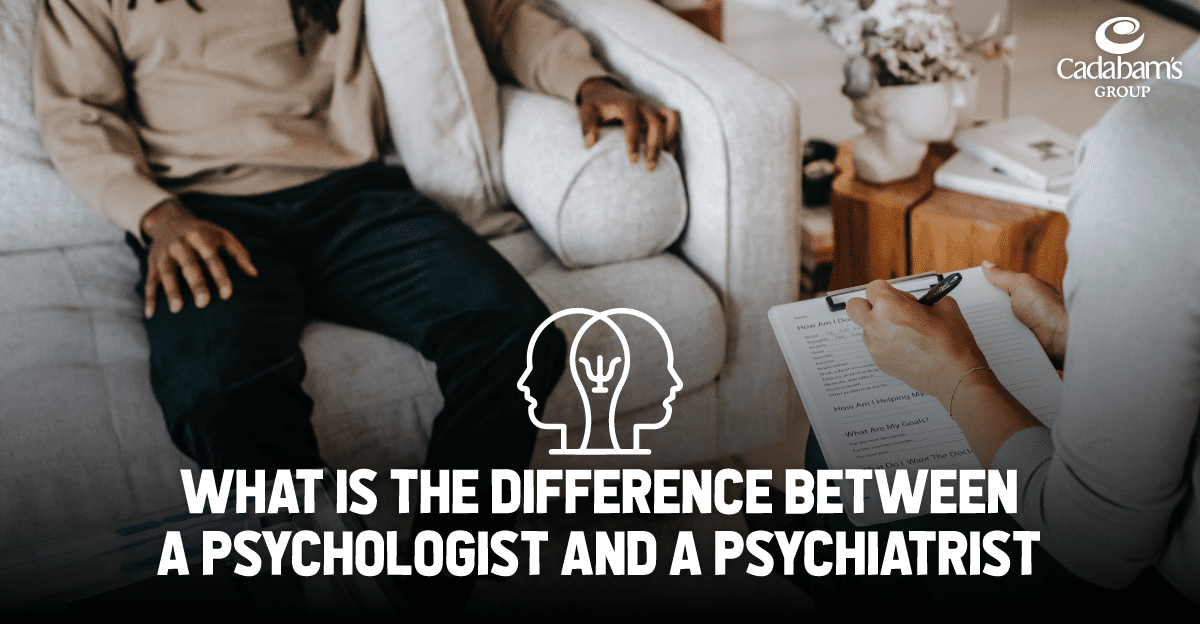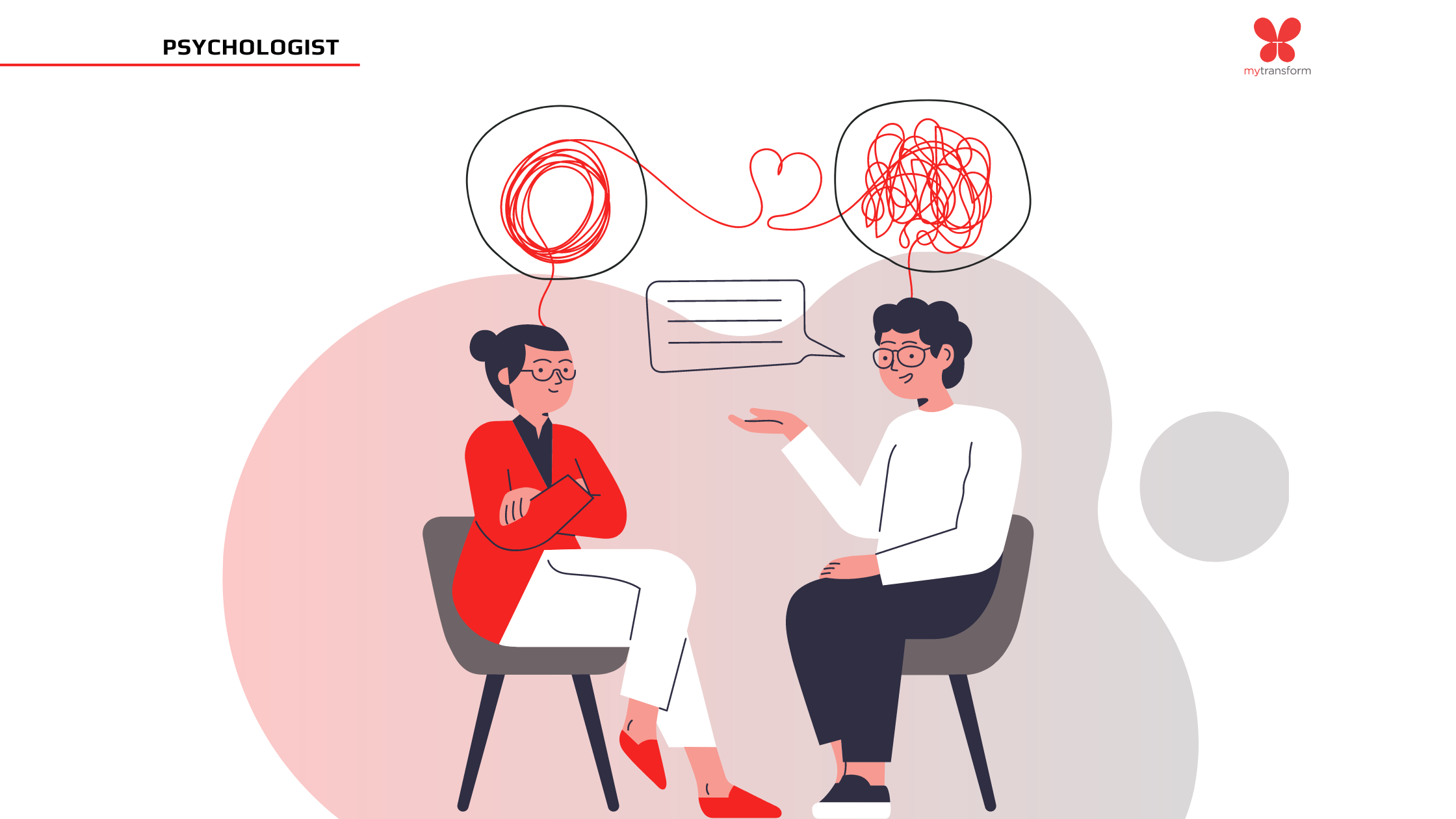Revealing the Tricks of the Best Psychologist in Delhi for Anxiety Relief
The Function of Psych Therapy in Handling Stress And Anxiety and Anxiety
Psychotherapy has actually emerged as a cornerstone in the monitoring of anxiety and clinical depression, using tailored treatments that range from Cognitive-Behavioral Treatment (CBT) to mindfulness-based approaches. These strategies not only help individuals in recognizing and restructuring unfavorable idea patterns yet additionally foster present-moment awareness, reducing the tendency to ponder.
Recognizing Anxiousness and Depression
Understanding anxiety and depression requires a comprehensive consider these widespread psychological health and wellness conditions, which commonly coexist and considerably effect an individual's every day life. Stress and anxiety is defined by consistent, extreme concern and fear about everyday situations. Symptoms consist of uneasyness, fast heart price, and problem concentrating. Conversely, depression shows up as a prevalent feeling of emptiness, despair, or despondence, often come with by a loss of rate of interest in previously enjoyed tasks, changes in cravings, and rest disturbances.
The conjunction of anxiety and clinical depression can make complex and exacerbate signs diagnosis and treatment. People struggling with both problems may experience a lot more severe signs, better disability in work and social performance, and a much longer duration of health problem. This comorbidity demands a nuanced understanding and method to therapy.
Cognitive patterns like adverse reasoning and maladaptive habits can continue these conditions. Comprehensive evaluation by mental health and wellness experts is important to discern the presence and extent of these conditions, paving the way for tailored therapeutic strategies.
Kinds Of Psychiatric Therapy
Psychiatric therapy, likewise understood as talk therapy, includes a variety of treatment modalities created to alleviate signs of anxiousness and depression by resolving the underlying emotional and emotional issues. Different kinds of psychiatric therapy are tailored to meet the unique demands of people, supplying a variety of approaches to psychological health and wellness care.
One commonly utilized form is psychodynamic treatment, which concentrates on understanding and solving unconscious problems originating from early life experiences. By discovering these ingrained issues, patients obtain understanding into their existing behavior and mood.
Interpersonal Treatment (IPT) is one more effective technique that concentrates on boosting interpersonal partnerships and social functioning to lower depressive signs. It typically resolves issues such as pain, function changes, and interpersonal conflicts.
Humanistic therapies, such as Client-Centered Therapy, stress personal development and self-actualization. Best Psychologist in Delhi. These approaches produce an encouraging atmosphere where people can discover their feelings and establish a more powerful sense of self
Finally, Dialectical Behavior Modification (DBT) integrates cognitive-behavioral techniques with mindfulness practices. Originally created for borderline character disorder, DBT has been adjusted to deal with anxiety and clinical depression by training skills in distress tolerance, psychological law, and interpersonal efficiency.
These varied psychotherapeutic approaches provide several paths to psychological wellness and health, accommodating therapeutic requirements and private choices.
Cognitive-Behavioral Treatment (CBT)
Amongst the numerous psychotherapeutic methods, Cognitive-Behavioral Therapy (CBT) stands apart for its structured, goal-oriented technique in dealing with anxiousness and clinical depression. Created by Aaron T. Beck in the use this link 1960s, CBT is predicated on the concept that maladaptive thinking patterns contribute significantly to emotional distress and behavioral issues. By identifying and restructuring these negative idea patterns, CBT intends to alleviate signs and foster healthier cognitive processes.
The treatment includes a variety of strategies, consisting of cognitive restructuring, exposure treatment, and behavioral activation. Cognitive restructuring focuses on testing and customizing distorted cognitions, while direct exposure treatment gradually adjusts clients to anxiety-provoking stimulations, minimizing avoidance actions.
Empirical evidence underscores the efficiency of CBT, with various studies showing its effectiveness in lowering signs of anxiety and anxiety. This therapeutic technique has been adjusted for various populaces and settings, verifying versatile and versatile. Its organized nature, empirical support, and concentrate on skill procurement make CBT a cornerstone in the psychotherapeutic therapy of anxiety and anxiety.
Mindfulness-Based Strategies
Mindfulness-Based Techniques have actually amassed significant interest recently as effective interventions for anxiousness and clinical depression. Rooted in ancient meditation techniques, these strategies aim to grow a heightened understanding of the here and now moment, which can assist people disengage from the ruminative idea patterns usually associated with stress and anxiety and depressive problems.

Likewise, Mindfulness-Based Cognitive Therapy (MBCT) incorporates principles from Cognitive-Behavioral Therapy (CBT) with mindfulness methods. MBCT is especially reliable in protecting against regression in people with recurrent depression. By recognizing very early caution indicators of depressive episodes, people learnt MBCT can use mindfulness methods to alleviate the beginning of full-blown episodes.
Benefits of Psychotherapy
Countless researches have actually shown the extensive advantages of psychiatric therapy for individuals coming to grips with stress and anxiety and clinical depression. One of the essential benefits is the renovation of psychological policy. Psychotherapy equips people with dealing methods to manage distressing feelings, consequently decreasing symptoms of anxiousness and anxiety. Cognitive-behavioral therapy (CBT), for example, aids people recognize and challenge adverse thought patterns, fostering an extra balanced and favorable overview.
Additionally, psychotherapy supplies a structured atmosphere for self-exploration and understanding. By discussing their experiences and sensations with a trained therapist, people can uncover underlying problems adding to their mental health and wellness battles. This self-awareness is a vital step toward long-lasting recuperation and resilience.
One more substantial benefit is the enhancement of social abilities. Stress and anxiety and clinical depression pop over to this site frequently stress partnerships, leading to isolation. Via restorative interventions, clients learn reliable interaction and conflict-resolution skills, which can enhance their communications and foster encouraging relationships.
In addition, psychiatric therapy supplies a customized strategy to therapy. Inevitably, the advantages of psychiatric therapy prolong beyond symptom alleviation, adding to general wellness and high quality of life.

Final Thought
Psychotherapy substantially contributes to the administration of stress and anxiety and anxiety by providing efficient coping techniques and a protected environment for self-exploration. Techniques such as Cognitive-Behavioral Therapy (CBT) and mindfulness-based strategies contribute in recognizing and reorganizing unfavorable thought patterns, while promoting present-moment recognition. These customized interventions not read the full info here only ease signs however also boost psychological guideline and interpersonal abilities, therefore enhancing overall well-being and top quality of life for individuals facing these psychological health and wellness difficulties.
Psychotherapy has actually emerged as a keystone in the monitoring of anxiety and clinical depression, using tailored treatments that range from Cognitive-Behavioral Therapy (CBT) to mindfulness-based strategies.Comprehending anxiety and anxiety requires a thorough look at these common mental wellness problems, which typically coexist and dramatically effect a person's everyday life.Amongst the various psychotherapeutic methods, Cognitive-Behavioral Therapy (CBT) stands out for its organized, goal-oriented technique in treating stress and anxiety and clinical depression.Various researches have shown the extensive benefits of psychiatric therapy for people grappling with stress and anxiety and clinical depression. Psychotherapy gears up people with coping methods to take care of upsetting feelings, thus minimizing symptoms of stress and anxiety and clinical depression.